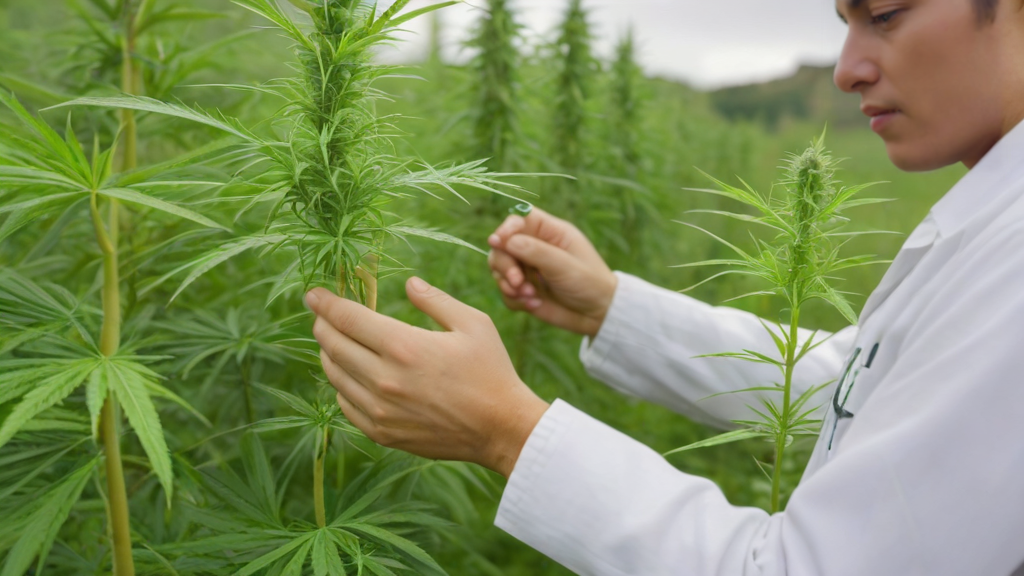Introduction to CBD and its Regulation
Cannabidiol, known as CBD, is a natural compound derived from cannabis. For years, numerous researchers have studied its properties and abilities to relieve symptoms of various diseases.
In the Spanish legal framework, CBD regulation presents certain ambiguity. While in some respects it follows European Union cannabis laws, in other cases the regulation is vague or even non-existent.
Regulations and Cultivation of Hemp
In Spain, farmers can grow hemp, the plant from which CBD is extracted, as long as the seeds are certified by the European Union.
Regulation in Spain takes as a reference the 1961 Single Convention on Narcotic Drugs, where CBD is not specifically controlled, unlike THC. However, cannabis extracts, tinctures or resins are regulated, which suggests that CBD, being an extract of the plant, would also be regulated.
Requirements for the Legal Use of CBD
For the use of CBD to be legal in Spain, it must contain less than 0.2% THC. In December 2017, a WHO Expert Committee on Drug Dependence stated that cannabidiol is neither addictive nor harmful to health.
Additionally, farmers who wish to grow hemp for CBD products must obtain a special license from the Spanish Agency for Medicines and Health, which implies certain restrictions on the cultivation and use of the plant.
Final Considerations
It is important to note that, according to Spanish legislation, CBD from cannabis seeds or leaves is not prohibited, while CBD from the flower, fruit or bud is.
It is recommended to consult relevant legal analyzes and rulings on the subject to obtain accurate and up-to-date information.
For more detailed information, you can access a legal analysis on the cultivation of cannabis flowers rich in CBD at the following link: [casaparaula.com](https://casaparaula.com/aclaraciones-a-la-campana-de -misinformation-about-growing-cannabis-flowers-rich-in-cbd/)

